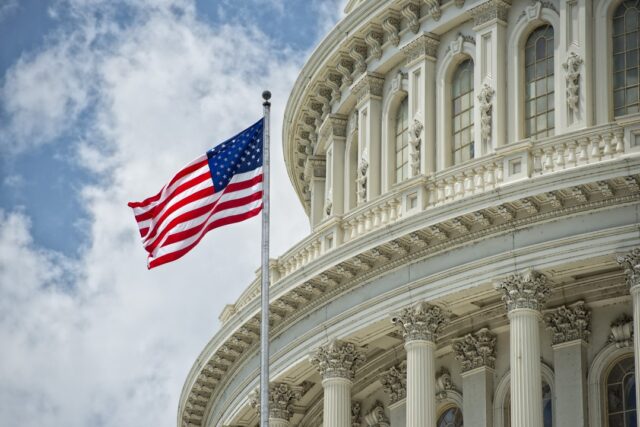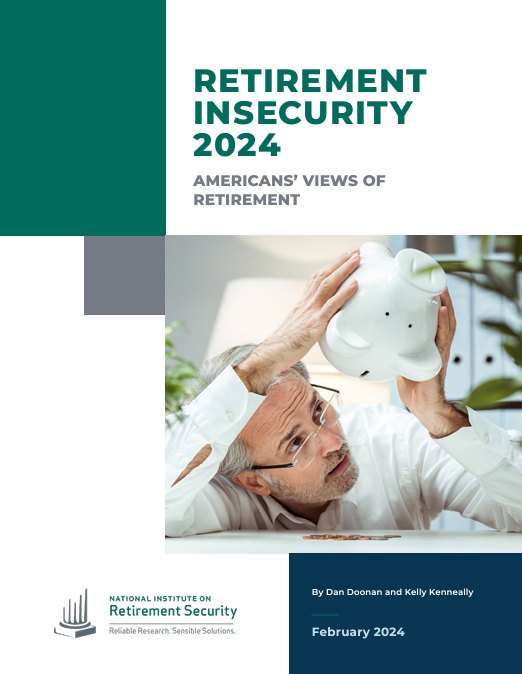US. House committee advances resolution to overturn SEC climate rule along party lines
Republicans on the House Financial Services Committee advanced a resolution to overturn the SEC’s climate disclosure rule, in addition to advancing several other resolutions aimed at rolling back various Biden administration rule-making. “Let us make no mistake, the commission finalized this rule despite no clear authorization from Congress,” said Rep. Bill Huizenga, R-Mich., who introduced the resolution to overturn the SEC’s climate rule, at the markup April 17. The Congressional Review Act allows Congress to disapprove, by a simple majority vote, a final...










